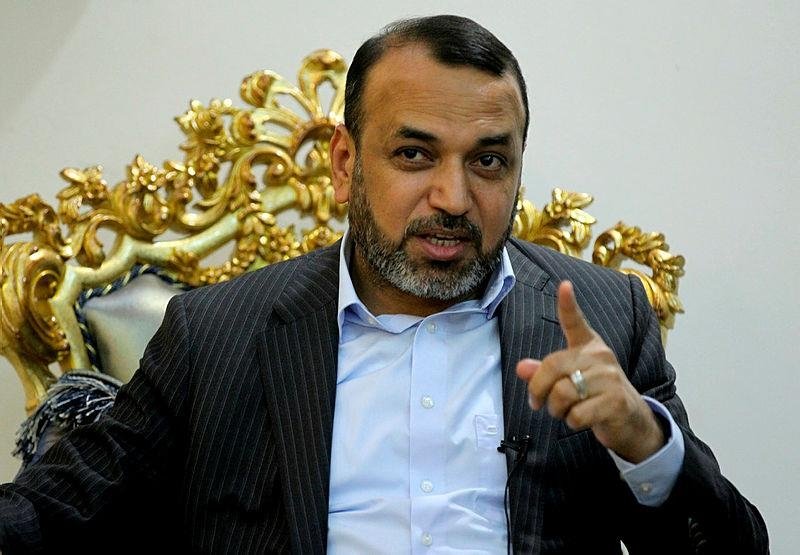Iraq's government is preparing a complaint to the UN after finding Israel is "certainly" behind several attacks on Hashed al-Shaabi bases, a parliamentarian and leading member of the paramilitary force said.
The Hashed has blamed both Israel and the US for a string of blasts and drone sightings at its bases in recent weeks, but Baghdad has thus far refrained from making accusations.
Ahmad al-Assadi, a Hashed official and spokesman for its parliamentary bloc "Fatah", told journalists on Thursday in his office in central Baghdad that government probes would name Israel.

"Some of the government investigations have reached a conclusion that the perpetrator behind some of the attacks is absolutely, certainly Israel," he said, declining to provide details on the evidence.
"The government is preparing sufficient evidence and documents to complain to the (UN) Security Council. It won't submit a complaint against an unknown entity."
The Hashed was established in 2014 from mostly-Shiite armed groups and volunteers to fight the Daesh terror group and is now formally part of Iraq's armed forces.
But the US and Israel fear some units are an extension of their arch-foe Iran and have been equipped with precision-guided missiles that could reach Israel.
Since mid-July, five Hashed arms depots and training camps have been targeted in apparent attacks.
The group said it had also fired at surveillance drones over two other bases.
Hashed top officials have said the US is broadly "responsible" but specifically blamed Israeli drones for the latest strike on Sunday, which killed a Hashed fighter near Iraq's western border with Syria.
The Pentagon has denied responsibility and said it is cooperating with Iraq's investigations, but Israel has neither confirmed nor denied its role.
Assadi told reporters the US involvement remained unclear, dulling the group's earlier accusations.
"Israeli planes supported by the US? We can't make that accusation. Did America give a green light? We can't make that accusation," he said.
But, he added, the Hashed had been expecting an attack amid rising US-Iranian tensions since Washington withdrew from the landmark nuclear deal with Tehran last year.
The US has since imposed tough sanctions on Iran's top officials, its energy and financial sectors, as well as a host of Iraqi, Lebanese and Palestinian firms and people allegedly tied to Tehran.
"Are the attacks that happened surprising for the Iraqi government, the Hashed, or other factions? Of course not," Assadi said.
"It's clear. The Hashed is being specifically targeted."